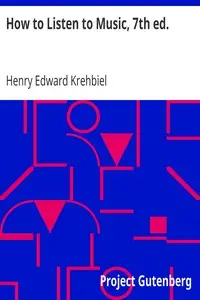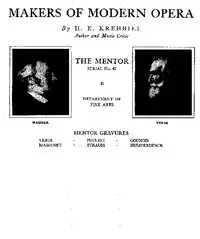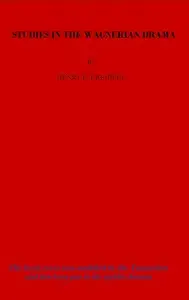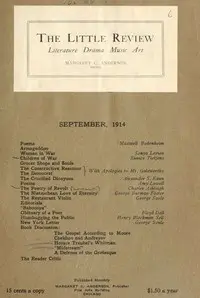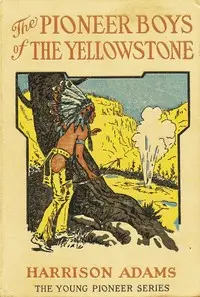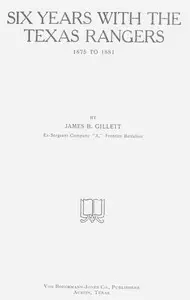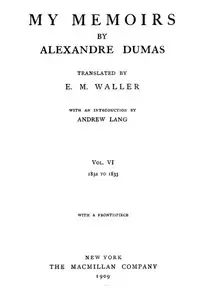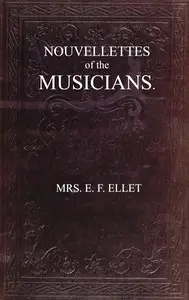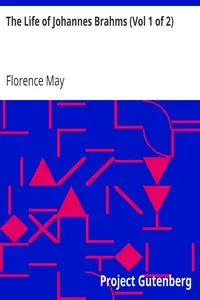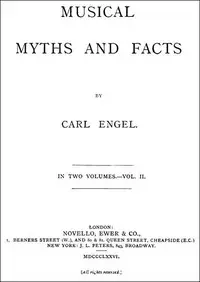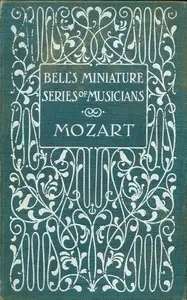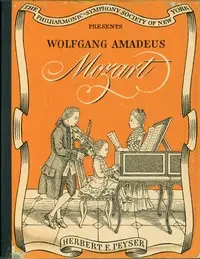"A Second Book of Operas" by Henry Edward Krehbiel is a literary examination of operas, particularly those that draw upon Biblical stories, written during the late 19th century. The work discusses various operas and oratorios, scrutinizing their thematic connections to Biblical narratives as well as the creative processes of their composers, including the manipulations and adaptations that occur when transferring stories from text to stage. The opening of the book sets the stage for Krehbiel’s exploration of Biblical operas, beginning with a discussion on the challenges posed by censorship and audience expectations. He reflects on notable works like Gounod's "Reine de Saba," and how titles and content sometimes shift away from their scriptural origins to appease cultural sensitivities. Krehbiel introduces the complex relationship between music and narrative in operas such as Handel's "Mose in Egitto" and Saint-Saens's "Samson et Dalila," highlighting both the artistic merit as well as the potential pitfalls concerning faithfulness to the original Biblical texts. The opening portion demonstrates Krehbiel’s understanding of the interplay between dramatic representation and musical composition and sets the stage for a deeper analysis of individual operas throughout the subsequent chapters. (This is an automatically generated summary.)

A Second Book of Operas
By Henry Edward Krehbiel
"A Second Book of Operas" by Henry Edward Krehbiel is a literary examination of operas, particularly those that draw upon Biblical stories, written du...
Henry Edward Krehbiel was an American music critic and musicologist who was the chief music critic of The New York Tribune for more than forty years. Along with his contemporaries Richard Aldrich, Henry Theophilus Finck, W.J. Henderson and James Huneker, Krehbiel is considered part of the 'Old Guard', a group of leading New York–based music critics who first established a uniquely American school of criticism. A critic with a strong bend towards empiricism, he frequently sought out first hand experiences, accounts and primary sources when writing; drawing his own conclusions rather than looking to what other writers had already written. A meliorist, Krehbiel believed that the role of criticism was largely to support music that uplifted the human spirit and intellect, and that criticism should serve not only as a means of taste making but also as a mode to educate the public. His book How to Listen to Music was widely used as an instructional guide by the music consuming public in the United States during the last years of the 19th century and first several decades of the 20th century.

